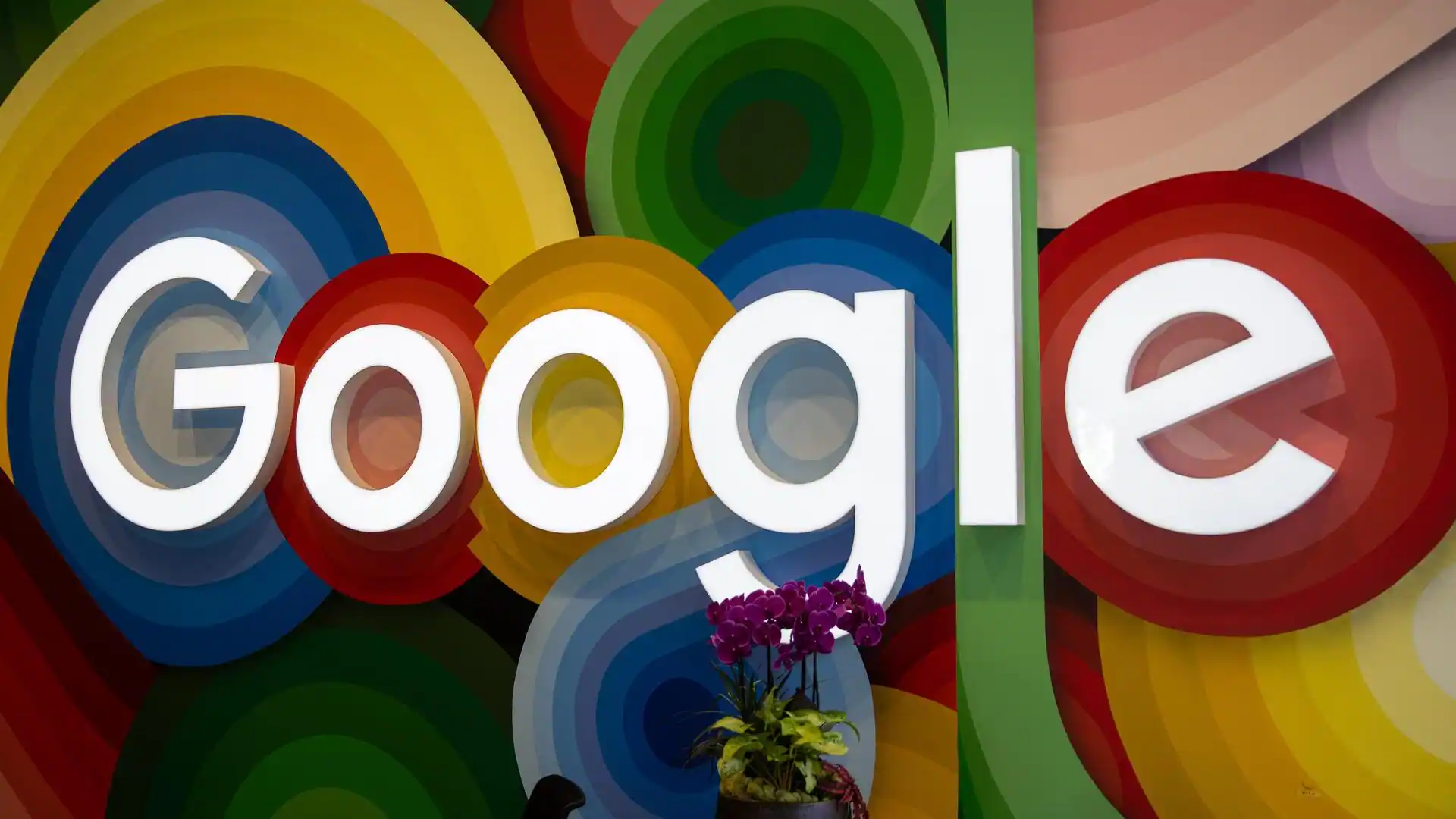By Dwaipayan Roy
Google has signed a deal with Commonwealth Fusion Systems (CFS), a spin-off of the Massachusetts Institute of Technology (MIT), to purchase power from a yet-to-be-built fusion plant. The tech giant has bought 200MW of power from CFS’s ARC project in Virginia, which is enough to power a small city. The financial details of this groundbreaking agreement have not been disclosed. Fusion energy, the reaction that powers the Sun and stars, has been a goal for physicists for decades. Unlike nuclear fission (which splits atoms), fusion does not produce large amounts of radioactive waste. If successful, it could be a major weapon in the fight against climate change. CFS hopes to start generating power from its ARC project in the early 2030s. Along with the power purchase agreement, Google has also announced a second round of investment in CFS. The amount of money being invested has not been disclosed. This move comes after a previous investment round in 2021 that raised $1.8 billion for CFS. The latest funding is comparable to that earlier investment, according to Bob Mumgaard, CEO and co-founder of CFS. Despite its promise, fusion energy is not without challenges. CFS’s ARC plant will help the company overcome these teething issues with fusion technology, including machine breakdown frequency and reliability. Google’s head of advanced energy, Michael Terrell, acknowledged that there are major physics and engineering hurdles to be crossed before fusion can become commercially viable and scalable.
